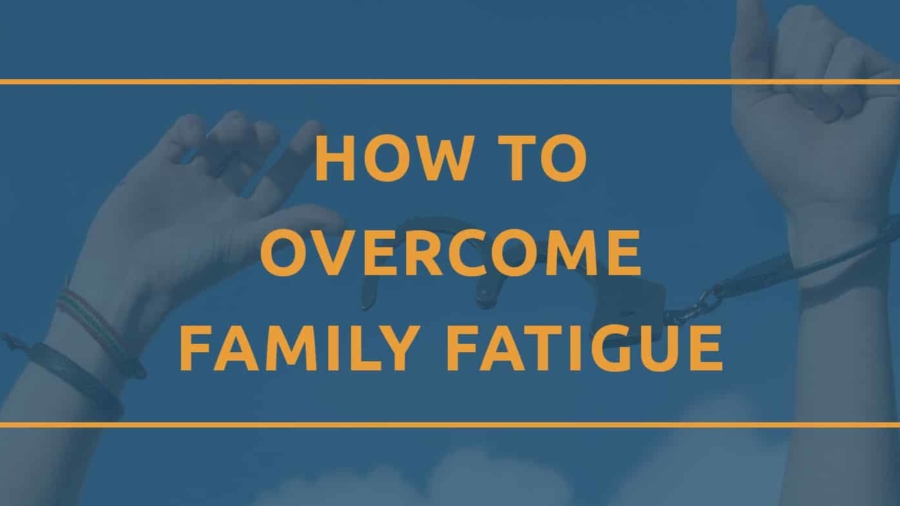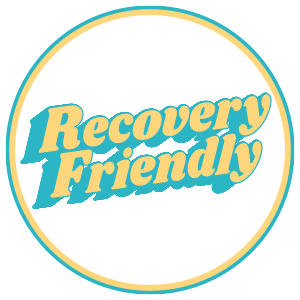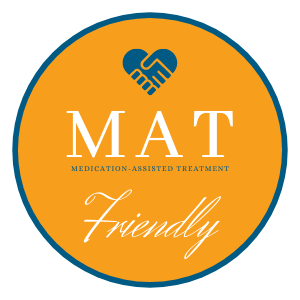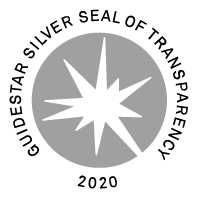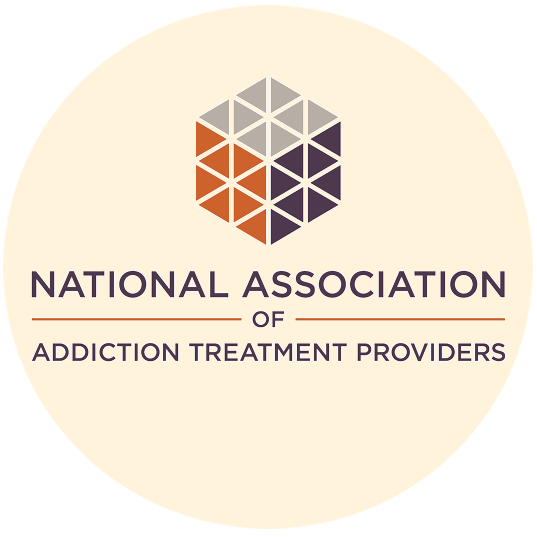Enough Already: How to Overcome Family Fatigue
Finding Resilience in the Recovery Process
A lot of people are talking about pandemic fatigue. We’re tired of staying home, we’re tired of wearing masks, we’re tired of getting tested—but mostly, we’re tired of worrying about COVID-19 and whether or not we or someone we love will get sick. It’s been a hard couple of years. We’re understandably worn out.
If you have a child who has struggled with addiction, you are no stranger to this kind of fatigue. It’s exhausting worrying about someone we love, wondering when or if they’ll make it home each night, wondering when they’ll “get it together,” then worrying about when they’ll lose it again. Addiction takes a heavy toll. It’s hard to be hopeful when our hopes have been dashed many times. It’s also hard to be hopeful when we’re exhausted.
Ironically, hope is the key that unlocks the door to recovery. We have to believe things can get better. We have to believe change is possible. Then—and this is key—we have to see that change is possible. But hope, alone, is not enough to combat exhaustion. We have to commit to our own recovery process in order to truly find our resilience, energy, and enthusiasm for life again.
Make the Commitment
Committing to our recovery process starts by understanding that addiction is a family disease. While there is a very real biological component to addiction, there are also many beliefs and behaviors that perpetuate dysfunction or promote healing in families. Learning to identify dysfunctional patterns is the first step on the road to recovery. There are a number of steps you can take to move forward on this journey.
Educate yourself. It’s true. You didn’t cause it, you can’t cure it, and you can’t control it. But you can educate yourself about the disease of addiction and how it impacts your family. You can also learn about how codependency—focusing on others to the exclusion of your own needs—helps perpetuate the disease. Learning how to identify and change codependent tendencies is where you do have control. Melody Beattie’s Codependent No More is an excellent place to start.
Shift your focus. As you learn more about codependency, you may realize that you’ve been overly focused on your child and their substance use. This can look like over functioning, making excuses for your child’s behavior, or preventing them from experiencing the consequences of their addiction. Try shifting your focus. What do you need to feel healthy, even if your child is still using substances? What can you do to work toward that goal? Who can help you get there?
Set healthy boundaries. As you learn more about what you need to feel safe and healthy, you’ll need to communicate these needs to others. Setting boundaries is the process of defining what actions you will take to ensure your needs are met. Healthy boundaries are clear and well-defined expectations that let others know what you value, how you would like to be treated, and what you will do if your boundaries aren’t honored. These are the building blocks of healthy relationships.
Get support. It really does take a village to get through tough times. That’s just as true for addiction as it is for a pandemic, a natural disaster, or any other challenging life event. Others have stood in your shoes, and they’ve discovered how to move forward. You can access this support in individual and family counseling. You can also benefit from participating in a 12-step support group like Al-Anon or Nar-Anon or an online family support group like the one we offer at Next Step Recovery.
Take good care. Recovery is hard work but it’s transformative and can help you create a rich and satisfying life. You’ll want to take good care of yourself to ensure your body and mind are getting the extra support they need in early recovery. Focus on getting enough sleep. Give your body nutritious food. Exercise daily to encourage physical and mental well-being. Spend time in nature and with good friends. Connect with your higher power, faith community, and other sources of wisdom.
Rediscover Your Resilience
Educating yourself about addiction, focusing on your own needs, setting healthy boundaries, reaching out for support, and prioritizing self-care are all ways to combat fatigue and rediscover your innate resilience. People can change. Recovery is possible. And you don’t have to do it alone. Recovery is a powerful journey, and it’s one that’s meant to be shared.
If you or someone you know is struggling with the addiction, we can help. Give us a call at 828.350.9960 or email us at susan@nextsteprecovery.com to learn more.


